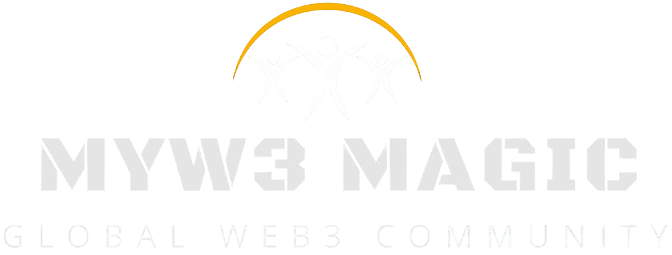The online marketing landscape is rapidly changing due to new technologies. This post explores how two emerging trends – social media influencers and artificial intelligence – are converging to transform digital advertising.
The Rise of Influencer Marketing
Influencers have built loyal followings by sharing recommendations and reviews on social media. Some now have millions of followers across platforms like Instagram, YouTube and TikTok. With so many eyes on their content, influencers became attractive partnerships for brands. Initially influencers promoted brands through unpaid endorsements of products they genuinely liked.
Eventually this evolved into formal “influencer marketing” deals with sponsorships and payments in exchange for creating specific promotional content. This new model proved highly cost effective for brands compared to traditional ads. Instead of expensive TV commercials, brands collaborate with many small “micro-influencers” charging only a few hundred dollars per sponsored post.
Working with dozens of micro influencers across niches gives brands targeted exposure without breaking budgets. This new career path has become lucrative for top influencers earning five or even six figures per post.
Personalized Marketing with AI
As influencer marketing grew, companies explored new technologies like artificial intelligence to gain insights from massive customer data. AI helps segment and target audiences more precisely. Powerful algorithms analyse attributes like interests, demographics, behaviours and can even infer psychographics to build sophisticated customer profiles.
Brands then use these profiles to match individuals with tailored, relevant messages they want to see. Combining micro-targeting potential with AI-driven recommendations results in highly-personalized advertising experiences for each person. This taps into their unique motivations and builds stronger brand relationships through personalized relevance.
How AI Boosts Influencer Impact
Brands realized they could amplify influencer marketing results by pairing it with AI’s targeting abilities. AI bots scour social feeds, web searches, purchase histories and more to understand each user’s interests at a granular level. They identify micro-influencers best positioned to authentically reach specific audience segments.
Armed with these insights, brands can carefully match influencers with hyper-targeted follower pools most likely to engage with their message. By using AI to pre-select perfect micro-influencers for every niche audience persona, campaigns achieve far higher response rates and ROI.
The New model: AI-Assisted Affiliate Influencers
This convergence of AI and influencer marketing has birthed a new, extremely effective business model – AI-assisted affiliate influencer marketing. In this model, brands equip influencers with a tailored toolkit powered by AI. Special tracking links or codes let influencers earn affiliate commissions from sales driven by their unique promoted links. AI bots then provide round-the-clock support by intelligently:
- Analysing follower interests to suggest best-fit products for influencers to review
- Automatically generating customized creative content like graphic templates based on follower insights
- Optimizing post scheduling for highest engagement based on past social media metrics and trends
- Providing real-time analytics on link clicks and purchases to inform ongoing strategy
- Matching hyper-targeted audiences to influencers’ affiliate links for stronger results
This takes the workload off influencers while magnifying their impact. AI becomes an invisible assistant empowering influencers to engage and monetize their followings even more efficiently. For brands, these AI-assisted influencers drive highly targeted online conversions at scale through exactly relevant recommendations. Everyone benefits from this symbiotic system where human creativity enhances AI’s insights and vice versa.
The Future of AI-Powered Influencer Marketing
As technologies like machine learning continue advancing, expect AI to become an even more seamless empowerment tool embedded within influencer workflows. AI may propose potential review products based on comprehensive multi-channel follower analysis, then auto-generate tailored posts or video scripts.
Advanced neural networks could recognize trends for influencers to capitalize on or flag deteriorating follower engagement early for course corrections. Overlaying location data with interests’ predictions may surface hyper-local opportunities. AI may even directly engage with comments to provide quick responses at massive scale. The ceiling is high for how AI can elevate and scale influencers’ reach, creativity and monetization in personalized promotional experiences.
Combining the human touch with AI’s immense processing power will likely inspire whole new influencer business models and roles that have yet to emerge. Exciting possibilities undoubtedly await as this convergence evolves.
Conclusion
Influencer marketing took the world by storm through social stars able to authentically connect products with receptive audiences. Now AI is empowering this model to achieve even broader scaled impact through hyper-targeted matching of influencers, products and interested consumers. As the two areas fuse together symbiotically, expect to see the rise of new AI-fuelled affiliate influencer models and roles.
This will push the boundaries of digital recommendation, relationship building and commerce to unprecedented heights of relevance, connection and results for all involved. The online advertising industry stands on the cusp of a revolution powered by this convergence of human influencers with artificial intelligence behind the scenes.
